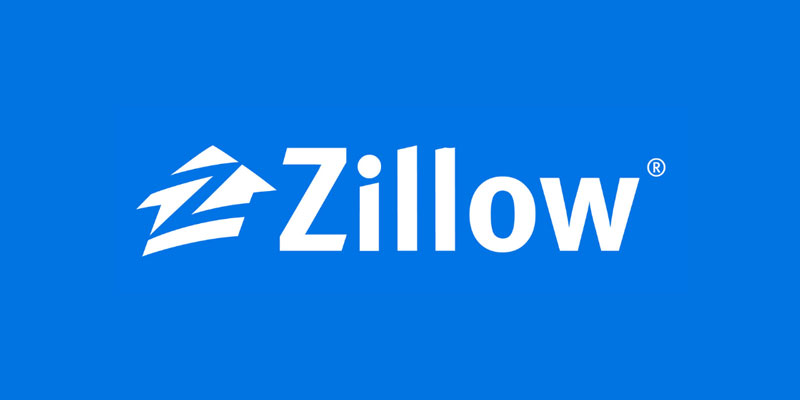After graduating from college, the first sight of your monthly student loan payment can be a rude awakening, especially if your job doesn't go as planned or if you graduate during a recession.
You may only be able to repay your student loan payments after some time, even if you have a job and are in excellent financial condition. According to 2019 data from the Federal Reserve, 43% of college graduates have educational debt, the majority of which is in the form of student loans.
What Is The Extended Repayment Schedule?

The typical payback duration for student loans is 10 years, but with the Extended Repayment Plan, you may extend it to 25 years. The minimum student loan debt required to participate in this program is $30,000.
Although the Extended Repayment Plan does not offer loan forgiveness like income-driven repayment plans, the additional time to repay loans can make payments more manageable. 1 The Public Service Loan Forgiveness program does not apply to the Extended Repayment Plan. Those who want to qualify for PSLF must switch to a different repayment program.
Extending The Repayment Schedule and Its Functions
Monthly payments under the Extended Repayment Plan are often lower than those under the basic or graded plans. Depending on your agreement with your servicer, your payments under this plan may be flat or staggered.
With the fixed plan, your monthly payments will remain constant during the term of the loan, whereas with the graduated plan, they will begin at a lower amount and gradually climb over time.
Your overall cost may be greater than if you had chosen a more convenient payment plan, even though your monthly payments will be lower due to the larger number of months over which you would be making them and hence incurring more interest.
Extended Graduated Repayment vs. Extended Repayment Plan
While payments under the extended graded repayment plan climb significantly every two years, the extended repayment plan's fixed monthly payment remains the same during the whole duration.
Borrowers with modest salaries whose incomes are projected to slowly climb, such as a new hire in a growing sector or a medical resident, may benefit from graduated payments. Compared to fixed payments, the interest cost of a graded schedule ultimately rises for borrowers.
Can Anyone Apply?
The Extended Repayment Plan does not need a minimum income, but participants must have at least $30,000 in outstanding student loans. Loans from the William D. Ford Federal Direct Loan Program and the Federal Family Education Loan Program are eligible for participation in the program.
You need at least $30,000 in either Direct Loans or Federal Family Education Loans to qualify. If you had a combined total of $50,000 in Direct loans and $20,000 in FFEL Loans, for instance, the Extended Repayment Plan would only apply to the Direct loans. 6
Variations On Paying Back Student Loans
There are several different options for repaying federal student loans. One of the income-driven repayment plans might be the preferable option for borrowers who want to take advantage of PSLF. Other programs will cancel your student loans after several years or if you fulfill specific criteria, like working as a teacher or a nurse in a low-income area.
Private refinancing of student loans may allow you to secure a cheaper interest rate than is available via the federal government. If you refinance privately, you will have different deferment policies or income-based repayment choices.
There is no one-size-fits-all approach to loan repayment, so consider your options and existing circumstances seriously. Determine the appropriate action and contact your federal student loan servicer to set up a repayment plan.
Different Options For Gradual Repayment Extensions

The longer graduated repayment plan may seem like a good idea initially, but the larger payments and interest charges you'll wind up with usually make it a bad choice. Other options for paying back student loans outside the extended, graduated repayment plan qualify for debt cancellation. Here are some less expensive alternatives to the prolonged graded repayment plan:
Modified Earned Income Tax Credit
The REPAYE program is available to anybody with federal Direct Loans. With REPAYE, you only have to make payments equal to 10% of your discretionary income, and the rest of your student loan debt is erased after either 20 or 25 years.
Income-Based Repayment
IBR caps monthly payments at 10% of discretionary income for borrowers who took out federal student loans on or after July 1, 2014. To be eligible for IBR, you must also show that you are experiencing financial difficulty. After 20 years, any unpaid debt will be written off.



